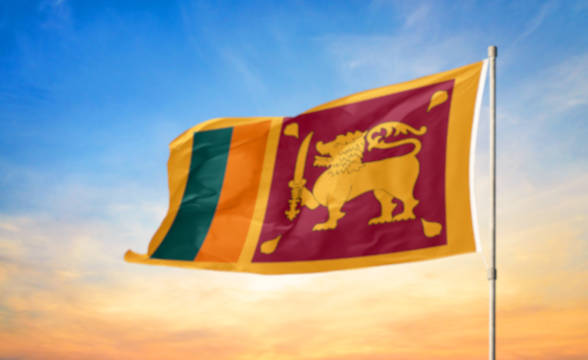Lawmakers in Sri Lanka are still considering the creation of a regulator that will be in charge of the licensing for gambling activities. Following debate over the weekend, the country came a step closer to regulating the activity and acknowledged the need for a gambling-specific regulatory body.
Sri Lanka Lawmakers Consider the Creation of Gambling Regulator
Currently, the regulation of gambling in Sri Lanka is conducted under the Casino Business Regulation Act No.17 which came into effect in 2010 and the Betting and Gaming Levy Act No.40 from 1988. Although the gambling Act is in effect, the regulation isn’t really effective as there is no specific gambling regulator that has the authority to license and enforce rules.
What’s more, although the legal framework calls for licensing, for more than a decade, no licenses were issued. This is another legal challenge as the licensing needs to be enforced by a dedicated body or at least a structure that is tasked with the regulation of gambling activities.
With that in mind, in light of the recent meeting, the government in Sri Lanka is considering the creation of a regulator that will bring efficiencies and help increase the collected gambling tax. In general, if the country introduces a regulator, it would be in charge of the licensing, collection of license fees, taxes and enforcing the rules.
Back in July this year, Sri Lanka issued licenses to all four of its casino operators. This move came in an effort to collect taxes. The country estimated it had approximately SRL 2.67 billion ($7.4 million) to be collected in taxes from gambling operators. Although this is an estimate, it is unclear how much was the total tax due to be paid by the casinos that have operated for years now.
Regulated Gambling Market Will Bring Benefits
It is expected operators that who would like to participate in the regulated gambling market pay an upfront licensing fee, as well as taxes. Such a change will undoubtedly bring a fresh stream of tax revenue to the country’s coffers. At the same time, a regulatory body will help enhance the protection of customers in the country.
This is because illegal gambling operators pose a threat to customers by offering unfair games, or not paying big payouts. Additionally, the black market operators do not pay any taxes to the countries where they operate. A regulated gambling market also helps in the efforts against money laundering and terrorism financing.




